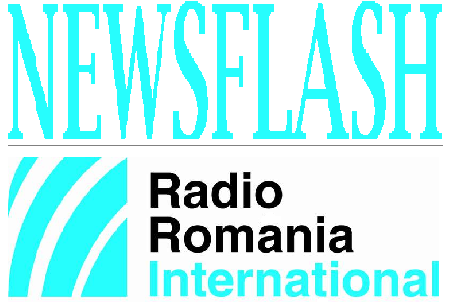March 18, 2014 UPDATE
For a roundup of domestic and international news, click here.

Aura Piha, 18.03.2014, 12:05
REACTION – The international community firmly condemns Russia’s actions in Crimea and threatens to impose new sanctions on Moscow after Russian president Vladimir Putin on Tuesday signed an agreement that allegedly sanctions the annexation of Crimea and Sevastopol to the Russian Federation. German Chancellor Angela Merkel responded, seeing Russia’s actions as going against international law. In turn, French president Francois Hollande has called on the EU to react. Moreover, British Foreign Secretary William Hague has announced that London will suspend all military cooperation with Moscow. In turn, US vice-president Joe Biden sees Russia’s actions as a territorial takeover. Before signing the agreement, Putin addressed the Russian Parliament, labelling Sunday’s referendum as a legal and democratic move. Putin referred to the precedent in Kosovo, a province with an Albanian-speaking majority that declared its independence from Serbia in 2008. On Sunday’s referendum, 97% of voters expressed their willingness to separate from Ukraine.
ROMANIA AND UKRAINE – The Romanian Foreign Ministry believes that Russia’s efforts to annex Crimea and Sevastopol might destabilize the entire region, representing a clear option for Moscow’s international isolation. The Foreign Ministry expressed its staunch disagreement with Russia’s latest actions, considering them illegitimate and going against fundamental principles of international law, a clear breach of the independence, sovereignty and territorial integrity of neighbouring Ukraine. The Ministry also expressed concern that Russia’s decision to alter international borders might encourage frozen conflicts in Romania’s vicinity. Romania nevertheless hopes that despite Russia’s decision, the Governments in Kiev and Moscow would reach a solution to the current crisis.
MOLDOVA – According to Nicolae Timofti, president of the Republic of Moldova, an ex-soviet country with a Romanian-speaking majority, Moscow’s possible acceptance of an application from Transdniester, a breakaway Russian enclave in the Republic of Moldova, to join the Russian Federation, would be a step in the wrong direction. The Moldovan official has termed such actions as counterproductive. His reaction comes after the speaker of Parliament in Tiraspol, Mihai Burla has sent a letter to the president of the State Duma, the lower house of the Russian legislature, Sergey Naryshkin, in which he recalls that 97.2% of Transdniester’s voters stood for joining Russia in the 2006 referendum. We recall that Transdniester de facto came out of Chisinau’s control in 1992, following an armed conflict, which left hundreds of dead and was settled with the intervention of the Russian troops on the side of the separatists. Timofti went on to say that the Republic of Moldova didn’t recognize the returns in the Crimean referendum and said he would tackle the geopolitical situation with his Romanian counterpart Traian Basescu in Iasi on Wednesday.
VISIT – Romania supports Albania’s efforts to be granted EU candidate status, Romanian Prime Minister Victor Ponta on Tuesday announced in Tirana. The Romanian official held talks with his coutnerpart Edi Rama about how Romania might actually supports Albania’s EU bid. Also on Tuesday, the head of government met in Athens with Antonio Samaras, the Prime Minister of Greece, a country currently holding the six-month rotating presidency of the EU. Talks focused on topics high on the EU agenda.
NATO – NATO’s anti-missile shield will become operational in Romania as scheduled next year. The spokesperson for the project Richard Lehner has told Radio Romania the Aegis system to be installed in Deveselu, southern Romania will this summer be put to a series of tests aimed at proving its capability of operating both on sea and land. Last week the US Court of Accounts estimated that out of technical reasons, the implementation of the anti-missile shield in Romania and Poland might be delayed.
BAN – Four Hungarian citizens, including two members of the far-right Jobbik party, suspected of carrying out nationalist-extremist activities have been banned from entering Romania for one year. Romanian Interior Ministry says that other persons involved in permanent nationalist activities running counter community norms and national legislation in the field are also being monitored.




























